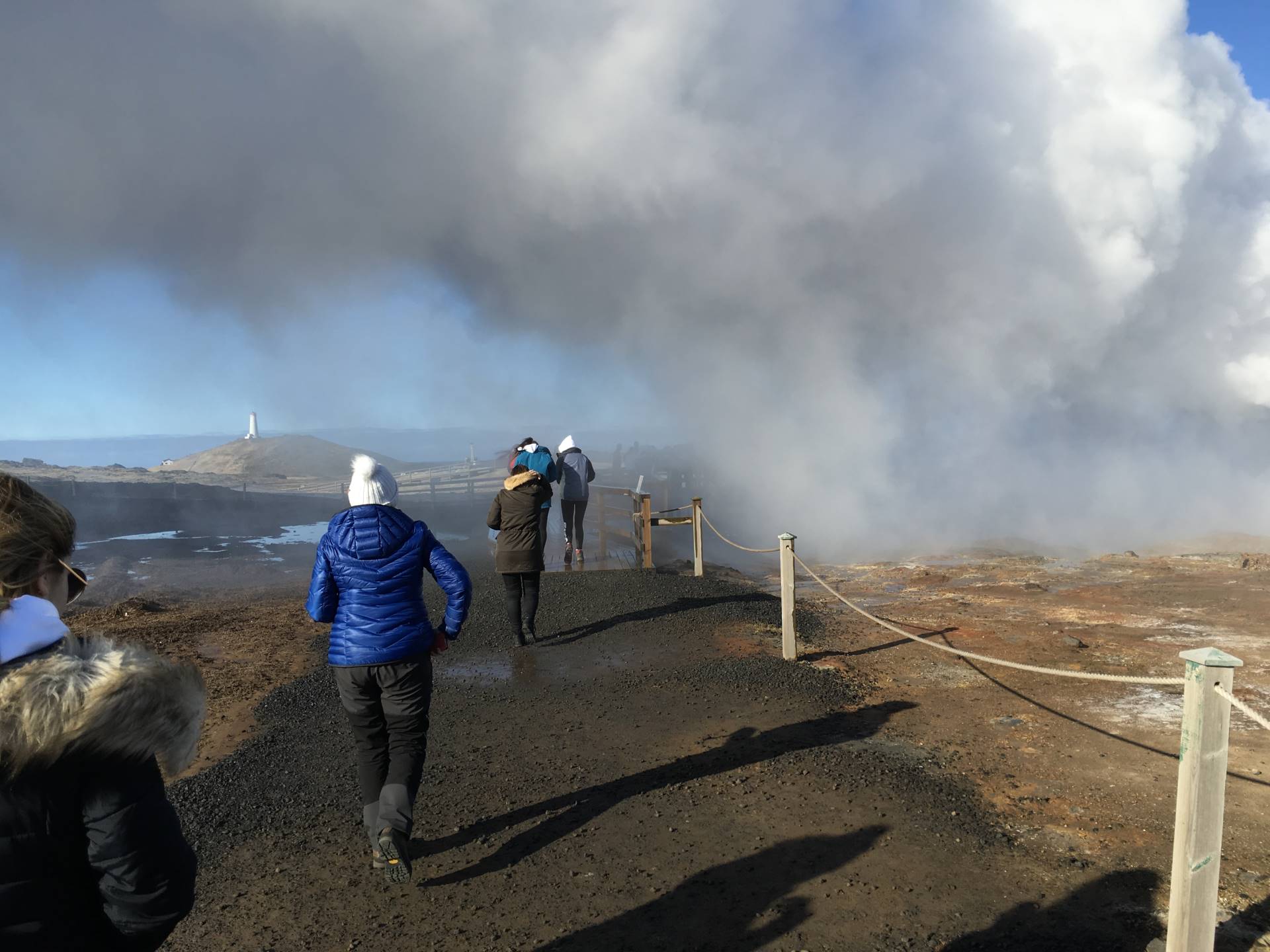A-Level Geography
 |
 |
Awarding Body |
Course Code |
Head of Department |
|
|
AQA |
7037 | Mr Gough | gough-n@beaconsfieldhigh.bucks.sch.uk |
The Geography department is fully staffed by specialists who have many years of experience delivering A level courses. Geography consistently gets some of the very best A level results in the school, for example the highest % grade A in 2015 and highest % grade A* in 2016. The 2016 results were the best in Buckinghamshire and in 2018 one student achieved the highest score GLOBALLY for the Physical Geography paper. In the past few years a number of the successful BHS applicants to Oxford or Cambridge University have studied Geography at A level. Many other students go on to study Geography and related degrees at a wide variety of very good universities.
As a highly dynamic and academic subject, Geography welcomes students who are keen to understand how they interact with the world in which they live. You will be looking at real-life issues from across the world, with a questioning and problem solving approach forming the basis of research-based enquiry learning. This course will stretch and challenge you but it will equip you with the transferable skills necessary for success in both higher education and the world of work. You will really enjoy learning more independently. You will meet the needs of this highly rewarding course in many ways including through group work, discussion, independent study, presentations and residential field work.
In each area of the course you will consider your own values and attitudes to various issues and support your learning with specific case studies and examples from the real world. You will also develop a variety of geographical skills, which will help broaden and deepen your knowledge and be employed with a greater degree of independence than GCSE.
The course would suit any student who has an interest in understanding the world they live in and who wants to play a part in shaping its future. Geography bridges the gap between the Arts and Sciences in a way that no other subject can. It provides you with a wide variety of transferable skills. Therefore it is an excellent qualification for literally hundreds of careers. A few examples include law, travel and tourism, planning, marketing, environmental management, finance, journalism and education.
Course Modules:
Unit 1 Water and carbon cycles: focus is the major stores of water and carbon at or near the Earth’s surface and the relationships associated with them.
Unit 2 Coastal systems and landscapes: a chance to build on your existing GCSE knowledge of coasts.
Unit 3 Natural hazards: a combination of the tectonic hazards that you last studied in year nine and the weather hazards of GCSE.
Unit 4 Contemporary urban environments: a chance to build on your GCSE knowledge of urban areas
Unit 5 Changing places: a new topic with a focus on how people engage with places, their experience of them and the qualities they ascribe to them.
Unit 6 Global systems and global governance: focus here is globalisation and the changes associated with it that have been a key feature of global economy and society in recent decades. For example how TNCs such as Apple or Google exert influence and why it is important that China is now the world’s second largest economy
Four units are covered in Year 12; two units plus coursework write-up and revision are covered in Year 13
At the end of the course you sit two exams, both worth 40% of the A level. A physical paper covers units 1-3 and a human paper covers units 4-6.
Coursework: Individual Investigation worth 20% of the A level. Students will extend the fieldwork and other geographical skills that they developed at GCSE
Fieldwork
There is a five day fieldwork course based in Swanage, Dorset during the spring of Year 12, which covers many aspects of physical and human geography. This includes visits to the world famous Lulworth Cove, Durdle Door, Chesil Beach and Studland Beach
Following the great success of our previous five visits to the glaciers and geysers of Iceland, we offer this fantastic opportunity to all sixth form Geography students at some point during their A level course. The next trip is due to depart at Easter 2020

 Beaconsfield High School
Beaconsfield High School